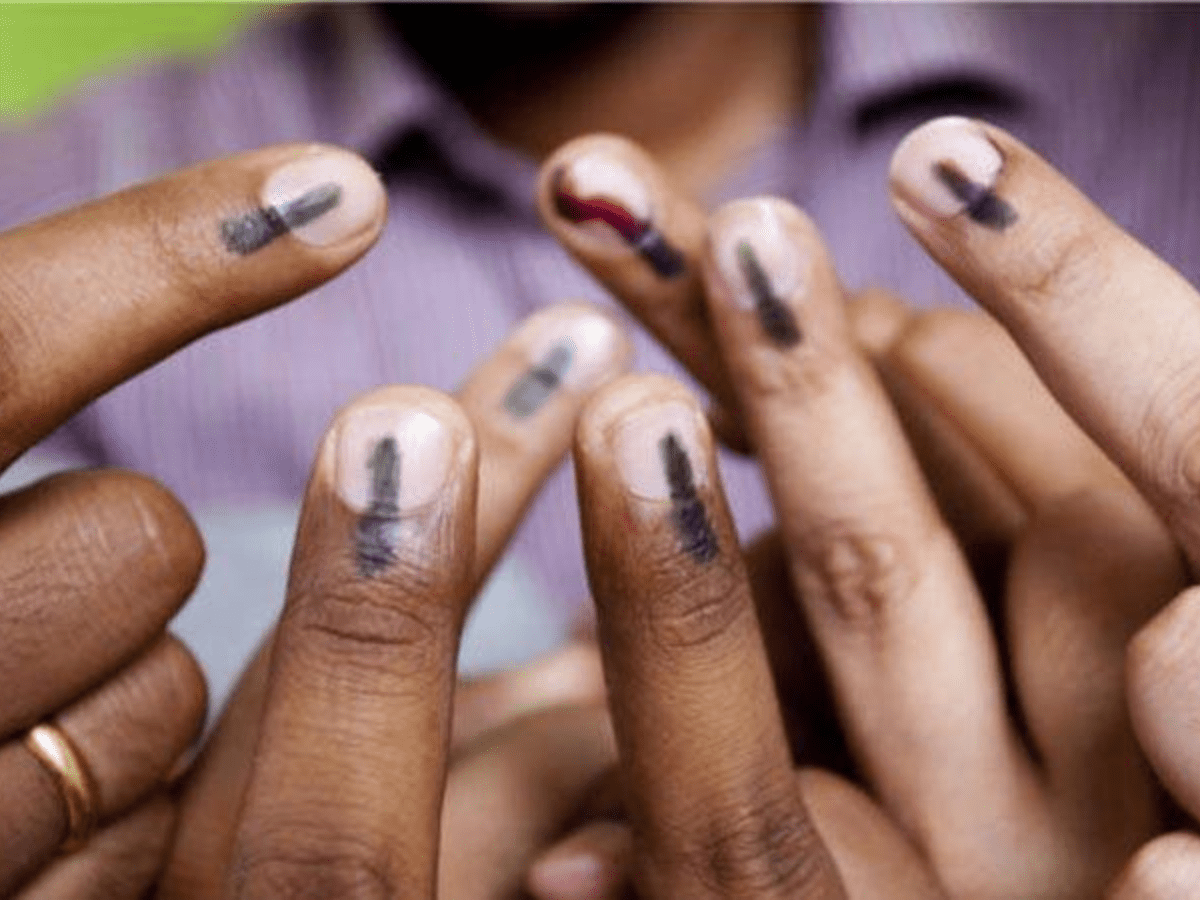
Kashmir has been passing through one-way ticket syndrome. Kashmir is being picturized as best place in the world because of its return to normal times after a long spell of violence. This narrative is based on the comparison of its current situation with its 30-year history of terror violence from 1989 to 2019. Today, normalcy has come into play and people are enjoying it. They have become certain of things in their life. This, indeed is a new dawn.
During the period, in contrasting picture which reflects violent times, normal life had become virtually impossible. The people had learned and perfected the art of breathing within confines of four walls of their houses. It was a life in captivity.
Despite the whole of Kashmir suffering from a hostage-like situation, where the liberty was defined by the gun-wielding militants, having no idea of human freedom at all. For them, their idea of “Azadi” was ultimate and unchallengeable. That guns will deliver freedom and justice was an illusion but there were many who attempted to sustain it for their own vested interests. These vested interests had their own reasons, and support of money, arms and logistics from across the border as well. The common theme that united them was to cause troubles for India and to subjugate Kashmiris to a belief that their acts and words were the best thing to happen to Kashmir – for it had woken them up to what they had lost and how could that be compensated by offering sacrifices for an unlimited period.
This was a very clever attempt to deny Kashmiris their democratic rights. This was the period when any talk of political process or restoration of democracy was considered treachery to the cause of “freedom.” Their narration was based on two theories – that the political leaders of the traditional parties National Conference, and Congress – People’s Democratic Party of Mehbooba Mufti and her father Mufti Mohammad Sayeed appeared on the scene in July 1999- was responsible for all that Kashmir has suffered. This argument backed by the violence of guns, grenades and the killing of political leaders and workers- most of them belonged to National Conference – was to stall the return of the political government in the state of Jammu and Kashmir. The government of India sensed this diabolical game of Pakistan and its men in Kashmir. It started making attempts to restore the political process, and to have an elected government in the state. Then Governor Gen (Retd.) K V Krishna Rao put everything at stake to persuade the political leaders and people for elections. He had all the powers, but he did not want to rule in that fashion, because that was bad for democracy. It was also time when the National Conference leadership was making its participation in polls conditional. It wanted the restoration of the original autonomy – that is the pre-1953 status of the state as agreed by the Government of India at the time of the accession of the state to the country, ratified by subsequent agreements – to be announced first before taking part in elections. That was a situation when any talk of polls would mean instant death.
Today, the situation is different. The parties are asking for polls, with the sole exception of BJP which has its own reasons to shy away from the polls. Its narrative of unprecedented development and investment combined with record tourist footfall has not translated into the political orientation of its wider acceptance. The successful conclusion of the G20 meet in Srinagar, too, could not be woven into its political narrative. The international recognition of Kashmir as a place where such mega events could be held has not made. saffron party’s position any better. The political leaders of other parties – Congress, PDP, National Conference and others are convinced that the BJP is scary of the ground situation, that’s why it is scared of polls. The party has embarked on a strategy of condemning all other parties for their political ideologies and calls them enemies of peace. This strategy of dubbing everyone who wants democracy and democratic rights of voting the people as “enemies of peace” raises too many questions. Why the people who held the political fort and kept the democracy alive in the most difficult circumstances in Kashmir be “enemies of peace.” This is unfortunate and it can have long-term ramifications. It may juxtapose the gains of the past few years to the vibrant democratic institutions.
